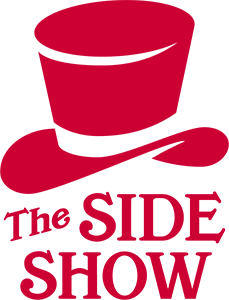Most marginalized groups can learn their history, traditions and culture from family. But LGBTQ+ people miss out on this sense of community since most queer folks don’t have queer parents.
This creates a lack of cross-generational community building: most younger LGBTQ+ people don’t have any situations where they’d interact with older LGBTQ+ folks who have similar backgrounds or identities. For example, there are few situations where a 25-year old-Latina bisexual woman could interact with a 65-year-old Latina bisexual woman, even though it could be hugely beneficial for both sides: the younger one could learn from the life experiences of the older one, and the older one could pass on their stories and their legacy to the next generation.
To solve this, I created a platform that brings together younger and older LGBTQ+ people, matching them according to their intersectional identities. The intersectional aspect of this project is vital because not all LGBTQ+ people have the same experiences. One’s race, ethnicity, religion, country, and geographic location all effect a person’s experience in the LGBTQ+ community. I didn’t just want to bring together older and younger people; I wanted to allow them to find someone who can best understand their unique life experience.
Even though we hear the phrase “LGBTQ community” all the time, bringing together groups within that community is not often addressed. Without a platform like the Tributary Project, many older LGBTQ+ people (especially those without children) will have no way to pass along their stories and advice. For younger queer folks, having a mentor who understands them can actually save their life: just one accepting adult can reduce the risk of suicide by 40%.
As a member of the LGBTQ+ community myself, it’s incredibly important to me to build up the community by bringing people together using solutions like the Tributary Project.

